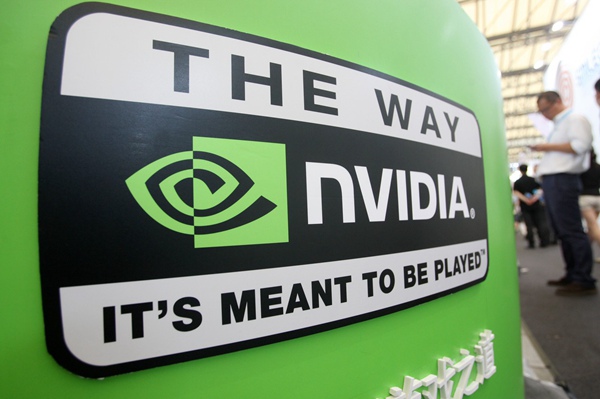Nvidia, a world-leading manufacturer of graphics processors and artificial intelligence chips, has experienced significant fluctuations in its share price in recent years. Nvidia's stock price plummeted more than 6% on Tuesday, a drop just a day before the company was about to release a new generation of AI chips, which just hit an all-time high. The decline was partly attributed to a surge in U.S. Treasury yields, triggering an overall sell-off in tech stocks. Despite this, Nvidia is still the strongest performer among the "Super Seven", with its share price rising 185% in the past year and more than 900% in the past two years. With the rapid development of artificial intelligence technology, Nvidia has become the biggest beneficiary, with revenues almost fivefolding over the past five quarters, with data center sales accounting for nearly 90% of its total revenue.

At the International Consumer Electronics Show (CES) in Las Vegas, Nvidia CEO Jensen Huang grandly launched the latest GeForce RTX50 series graphics cards. These graphics cards are based on the new Blackwell architecture and are designed to significantly improve gaming performance and frame rates. However, although gaming graphics cards have always been one of Nvidia's core products, the gaming business currently accounts for only 9% of the company's total revenue. Compared with the main share of the game business that it once occupied during the epidemic, the market's attention to this business has weakened, and Nvidia is gradually shifting its focus to areas with more growth potential.
In addition to gaming graphics cards, Nvidia has also announced Project Digits, a personal AI supercomputer for AI researchers, data scientists and students. Based on the new GB10 Grace Blackwell super chip, the project is capable of running models with up to 200 billion parameters, aiming to take the portability of high-performance computing devices to new heights. The system is expected to be launched in May with a starting price of US$3,000, and is expected to attract a large number of developers seeking flexible work, further promoting the popularization and application of AI technology.
Nvidia's revenue has increased significantly in the past two years, mainly relying on large cloud computing customers including Amazon, Microsoft and Google. Huang Renxun emphasized in an October earnings call that the AI industry is "large and diverse", and pointed out that Nvidia's strategy is to cover products in multiple industries such as consumer Internet, automotive and medical care, not only limited to cloud computing. This diversification strategy has made Nvidia's layout in the AI field more extensive, further consolidating its market leadership.
Looking ahead, Nvidia also plans to expand its product influence in areas such as robotics, self-driving cars and AI development tools. Analyst Josh Gibert believes that Nvidia still maintains strong growth momentum, and Huang Renxun has clearly planned a future product roadmap, and the company's performance does not seem to slow down. It is expected that the financial report in February next year will further reflect Nvidia's strong performance in the AI field and continue to lead the innovation and development of the global technology industry.